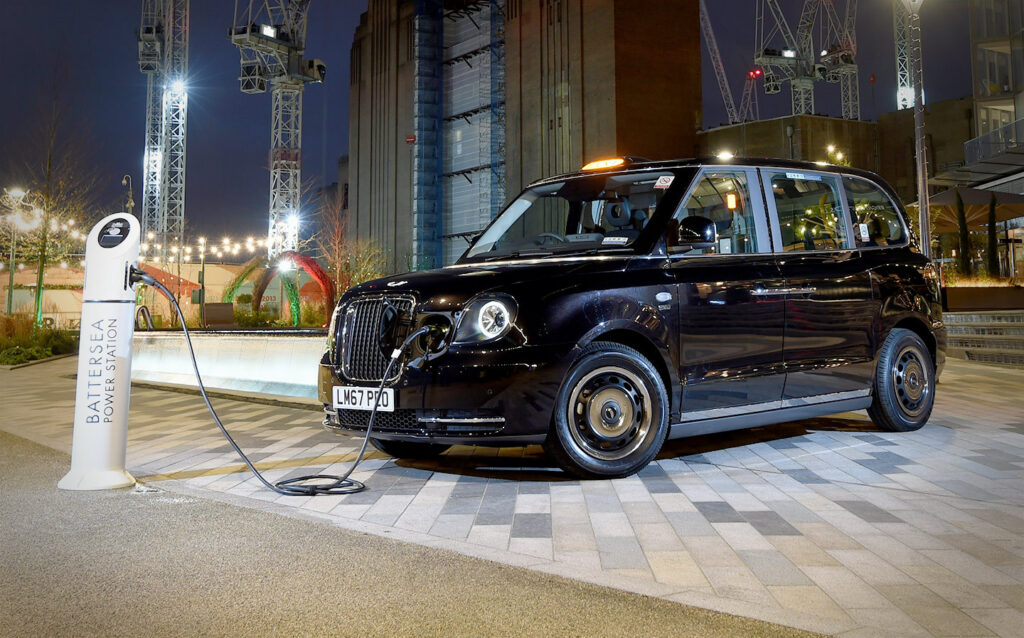Energy supplier Octopus Energy has announced its partnership with UK black cab app Gett to provide electric vehicle (EV) charging to 4,000 electric taxis.
The deal, launched on 25 January, aims to contribute to the electrification of UK fleet vehicles of which London black cabs are a key market.
As part of the offer, Octopus Energy will install chargers at cab drivers’ homes and they can get an extra 8% off all their public charging costs on Electroverse.
Taxi drivers will also receive exclusive discounts when they charge up at thousands of Source London and MFG EV Power charge points across London.
In addition, the deal includes charging discounts and credits, as well as reduced prices on home charging equipment for cab drivers on the Gett platform.
Matt Davies, director of Octopus Electroverse, said: “We’re making it even easier and cheaper for London’s iconic black cabs to go electric – an integral part of green mobility in the UK’s capital. Our new Gett partnership will transform EV charging for thousands of electric taxis and give drivers straightforward access to fantastic charging deals.”
Paralleled ventures
The energy supplier has previously dipped into the EV sector, with Octopus Investments – part of Octopus Group – investing £50 million in the Northern Irish EV chargepoint operator Weev in May 2023.
The investment aimed to aid the EV charging infrastructure the country was lacking, as the number of chargepoints in Northern Ireland was disproportionately low.
At the time, the country only housed 20 public chargepoints per 100,000 people, a third of the UK’s average of 60.
A separate but similar venture into fleet electrification was the recent successful trial completed by waste collection truck company Veolia.
In January 2024, the firm succeeded in its first vehicle-to-grid (V2G) trial, meaning that it was able to repurpose surplus charge from the vehicle’s battery back into the grid.
Veolia plans to electrify all of its 1,800 Refuse Collection Vehicles (RCV) by 2040, which together will be able to provide 200MW of daily flexible power capacity to the grid.






